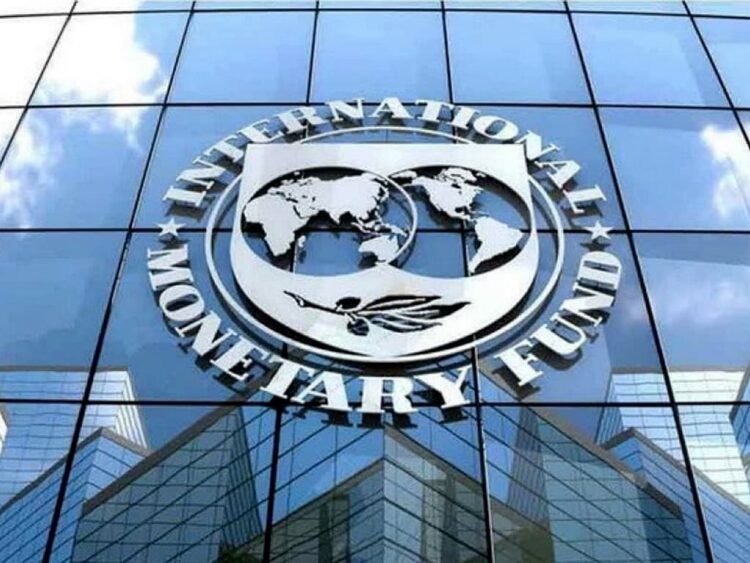The Executive Board of the International Monetary Fund (IMF) has approved Ghana’s $3 billion application for bailout, at a meeting in Washington DC on Wednesday, May 17.
This was after Ghana secured the Paris Club financing assurance on Friday, May 12.
The Fund is expected to hold a press conference on Thursday, May 18 to explain the details of the programme.
Below is a list of what the bailout is expected to do for the West African country:
Investors are going to be attracted to the country because they know that the Fund will serve as a ‘headmaster’ and keep the government in check to strengthen the economic fundamentals such as inflation and exchange rates.
It is going to help the Bank of Ghana (BoG) shore up its reserves. It is recalled that addressing the 110th Monetary Policy Committee (MPC) press conference in Accra on Monday, January 30, the Governor of the BoG, Dr Ernest Addison, explained that last year, the government was unable to go to the international capital market to raise funds. But at the same time, the government needed to service its debts and pay for crude oil and other payments. The funds that were used in making those payments, he said, were taken from the BoG’s reserves, leading to the loss of $3.6billion. To that end he said, “We are also making progress on the external side of the external debt restructuring, the necessary committees have all been formed. we are confident that by the end of the first quarter, we should be able to get the disbursements from the IMF to help augment the foreign exchange resources of the central bank.”
The IMF is expected to provide technical support to Ghana and help the country ensure fiscal discipline. This will be done through the conditions that will be attached to the programme.
The IMF programme will lead to some debt forgiveness from Ghana’s external creditors. This will give the country the space to spend the money that would have been used to pay for principals on more productive areas.
The programme is also expected to help stabilize the Cedi against the Dollar in the exchange rate market.


